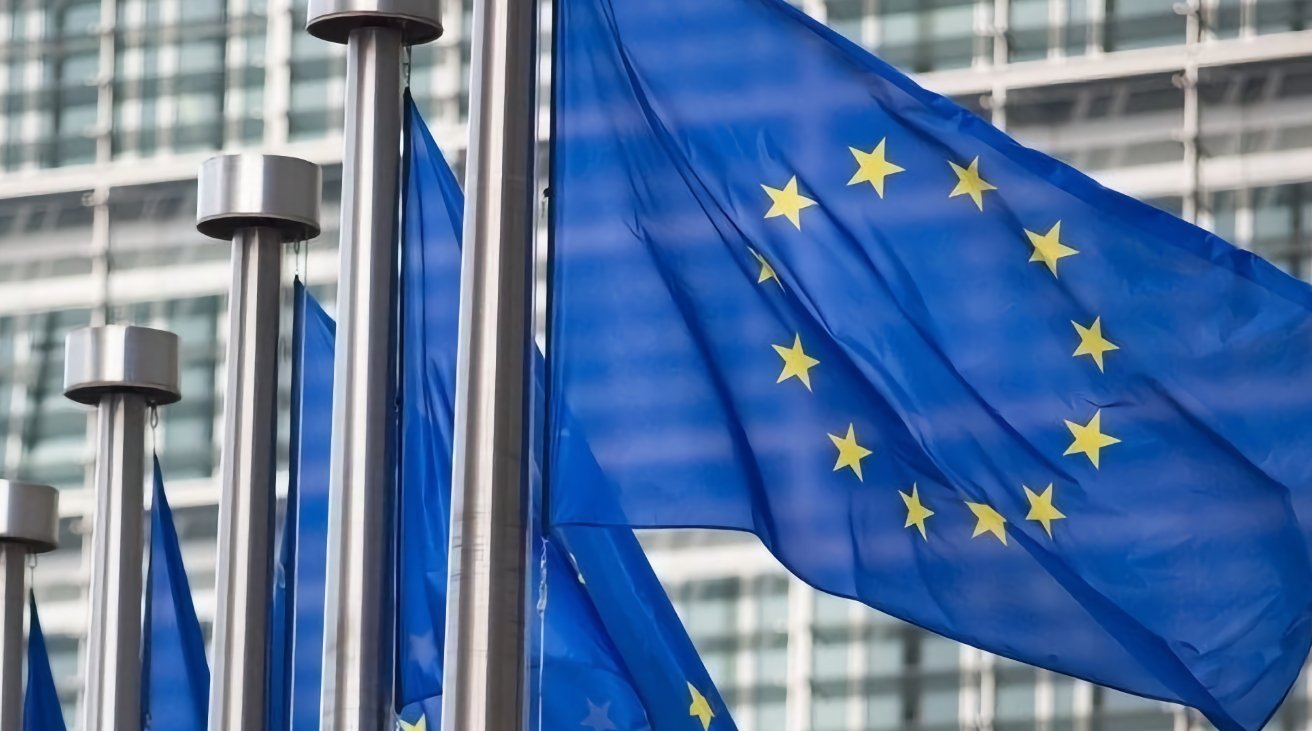The European Union (EU) has recently decided to delay imposing fines on tech giants Apple and Meta for alleged violations of the Digital Markets Act (DMA). This decision appears to be strategically timed to avoid influencing ongoing trade discussions with the United States.
Background on the Digital Markets Act
The DMA is a legislative framework introduced by the EU to regulate large technology companies, often referred to as gatekeepers, ensuring fair competition and greater consumer choice within the digital market. Companies found in violation of the DMA can face substantial penalties, including fines up to 10% of their global annual turnover.
Initial Investigations and Compliance Efforts
In March 2024, the European Commission initiated an investigation into Apple’s compliance with the DMA, focusing on whether the design of its iPhone web browser screen impeded users from switching to alternative browsers or search engines. This inquiry aimed to determine if Apple’s practices were restricting consumer choice and stifling competition.
By March 2025, reports indicated that Apple had made modifications to its browser options to align with the DMA’s requirements. These changes were expected to lead the European Commission to conclude its investigation without imposing fines, suggesting that Apple had successfully addressed the Commission’s concerns.
Political Considerations and Trade Negotiations
The EU’s approach to enforcing the DMA has been influenced by broader political dynamics, particularly its relationship with the United States. In January 2025, reports emerged that the EU was reassessing its investigations into major tech companies, including Apple, Meta, and Google. This reassessment was partly due to anticipated pressure from the incoming U.S. administration under President Donald Trump, who had expressed concerns over the EU’s regulatory actions against American tech firms.
Despite initial denials from EU officials about pausing these investigations, subsequent reports suggested that the EU was considering limiting fines to avoid escalating tensions with Washington. By April 2025, the EU had reportedly postponed announcing fines against Apple and Meta, coinciding with trade discussions between EU officials and President Trump. This strategic delay appears to be an effort to maintain a favorable environment for trade negotiations and avoid potential retaliatory measures from the U.S.
Implications for Apple and the Tech Industry
The EU’s decision to delay fines provides Apple and other tech companies with additional time to ensure full compliance with the DMA. It also reflects the complex interplay between regulatory enforcement and international trade relations. While the EU remains committed to enforcing the DMA to promote fair competition, it must also navigate the diplomatic implications of its actions, especially when they involve major international partners like the United States.
Looking Ahead
The European Commission has indicated that it is working on adopting final decisions regarding the enforcement of the DMA in the near future. However, the exact timing of these decisions remains uncertain, as they are likely to be influenced by the progress of trade negotiations and the broader political landscape.
For consumers and industry stakeholders, this situation underscores the importance of regulatory frameworks like the DMA in ensuring fair competition and consumer choice in the digital market. It also highlights the challenges regulators face in balancing enforcement actions with diplomatic and trade considerations.



